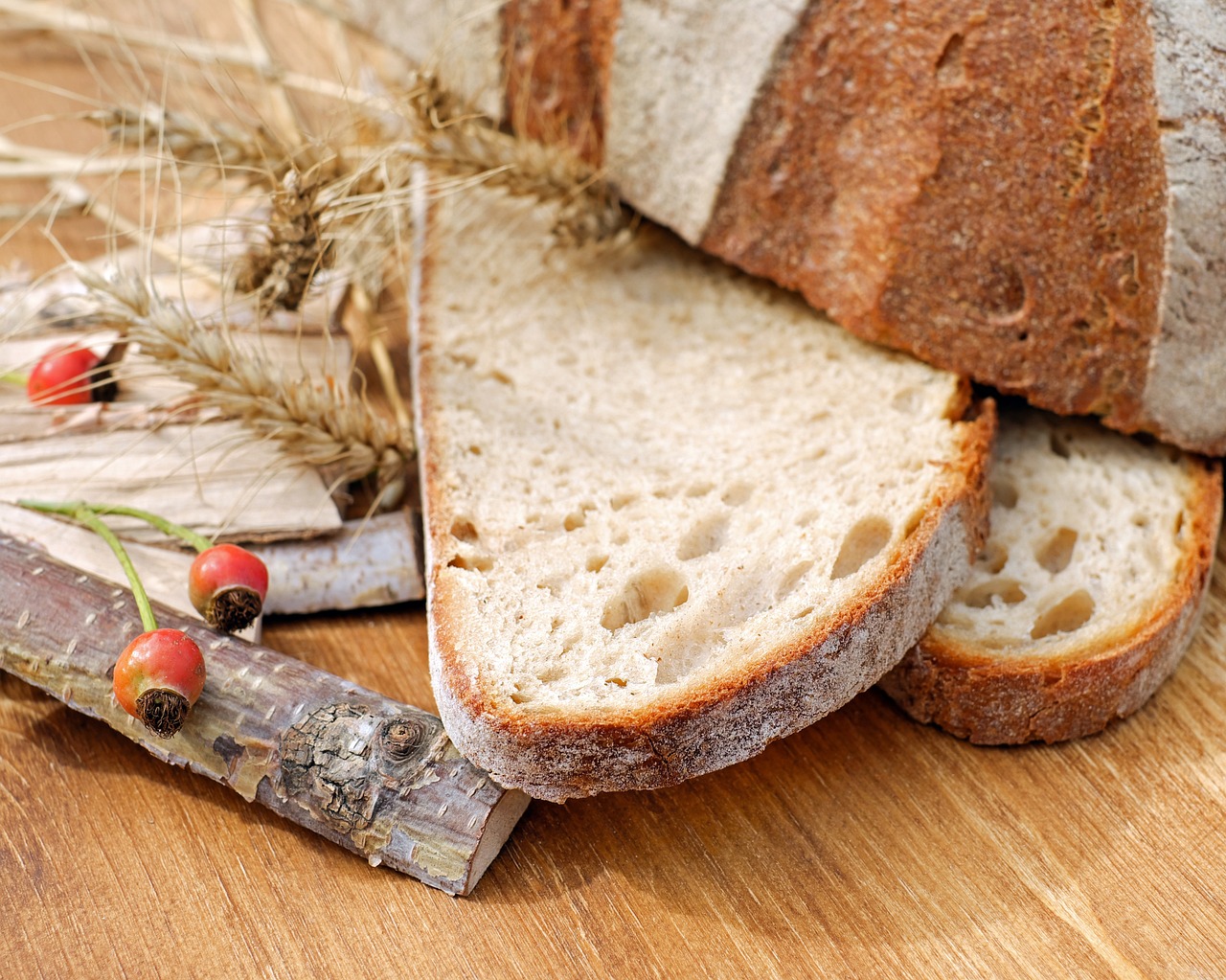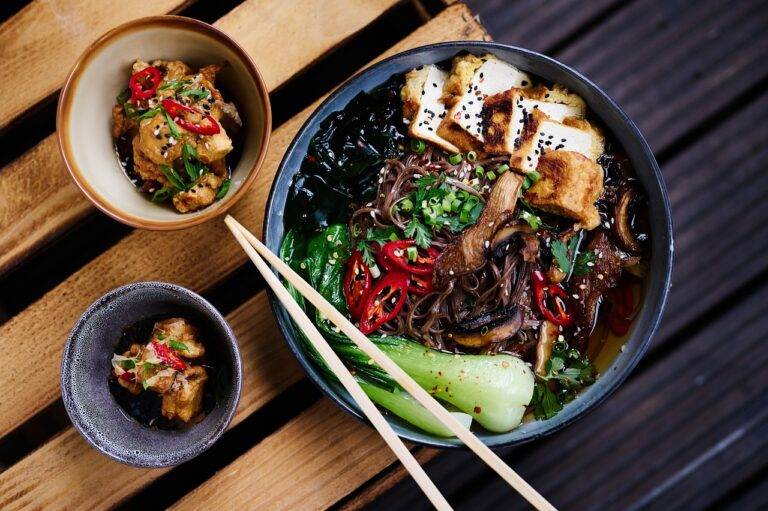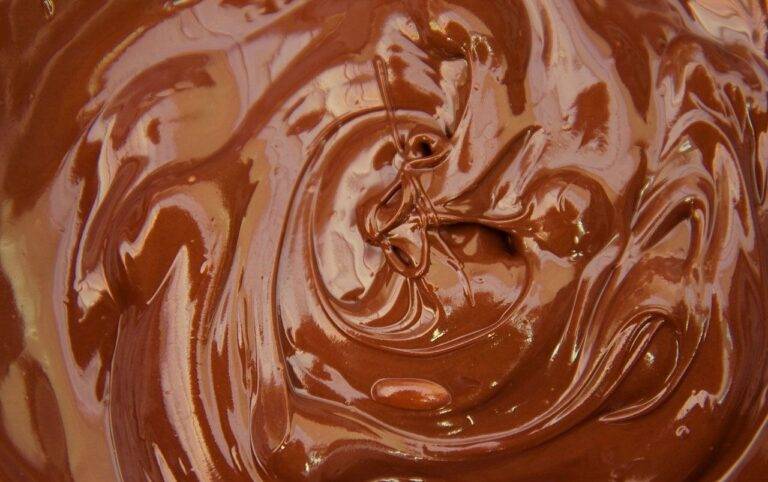The Rise of Craft Cocktails: Artisanal Spirits and Creative Mixology
With the resurgence of interest in mixology, bartenders have been experimenting with innovative ingredients and techniques to create unique and flavorful cocktails. The craft cocktail movement emphasizes the use of fresh, high-quality ingredients and a focus on the artistry of cocktail making. This shift away from mass-produced, generic drinks to handcrafted cocktails has elevated the drinking experience for consumers seeking something beyond the ordinary.
Bartenders are now seen as artists, crafting cocktails that not only taste delicious but also tell a story through their intricate flavor profiles and presentation. The craft cocktail revolution has sparked a new appreciation for the creativity and skill involved in mixology, leading to a renaissance of cocktail culture worldwide. As consumers are becoming more discerning in their tastes, they are seeking out bars and restaurants that offer handcrafted cocktails made with care and attention to detail.
The History of Mixology
Mixology has a rich and fascinating history that dates back centuries. The art of mixing drinks and creating unique concoctions can be traced back to ancient civilizations where herbal remedies were combined with spirits for medicinal purposes. Over time, mixology evolved into a sophisticated practice that encompassed a wide range of techniques and ingredients, leading to the creation of iconic cocktails that are still enjoyed today.
During the Prohibition era in the United States, the world of mixology experienced a significant shift. With the ban on alcohol production and distribution, speakeasies and underground bars emerged, providing a platform for innovative mixologists to create new and exciting cocktails. This period of experimentation and creativity not only revolutionized the cocktail scene but also laid the foundation for the craft cocktail movement that continues to thrive in modern times.
Artisanal Spirits and Small-Batch Production
Artisanal spirits have been gaining popularity in recent years, as consumers become more interested in unique and handcrafted products. These spirits are often produced in small batches, allowing for more attention to detail in the distillation process. With a focus on quality over quantity, artisanal spirits offer a distinctive flavor profile that sets them apart from mass-produced brands.
Small-batch production also allows distillers to experiment more freely with different ingredients and techniques, resulting in a wider range of innovative and diverse spirits for consumers to enjoy. By supporting local distilleries that prioritize craftsmanship and quality, consumers are not only getting a superior product but also contributing to the growth of the artisanal spirits industry.





